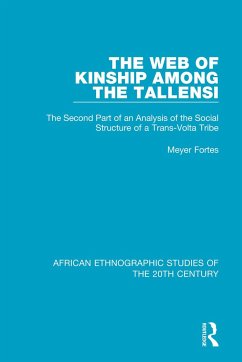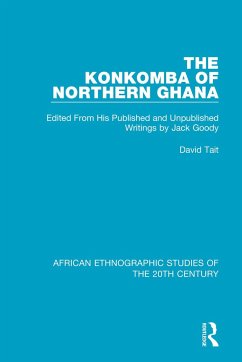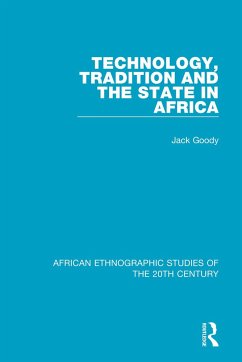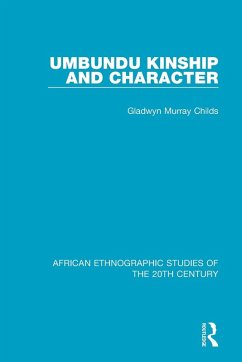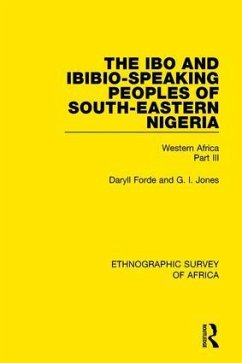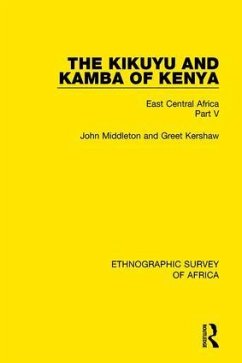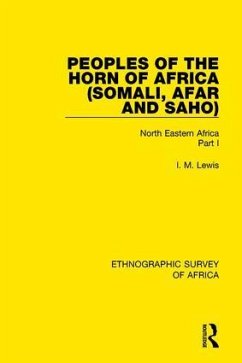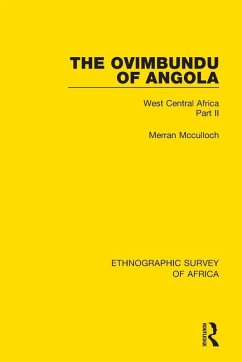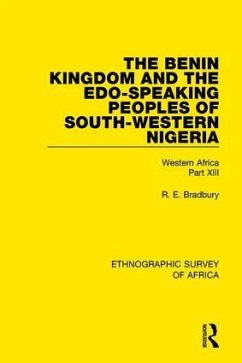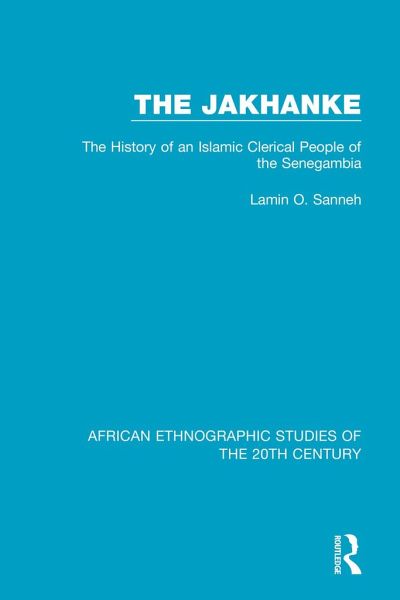
The Jakhanke
The History of an Islamic Clerical People of the Senegambia
Versandkostenfrei!
Versandfertig in 1-2 Wochen
46,99 €
inkl. MwSt.

PAYBACK Punkte
23 °P sammeln!
When originally published in 1979, this was the first comprehensive study of the Jakhanke in any language. Despite the 19th ambience of jihad, the Jakhanke maintined their tradition of consistent pacifism and political neutrality which is unique in Muslim Black Africa. Drawing on histories, interviews, and colonial reports the book traces the details of the Jakhanke pilgrimages and analyses important themes such as their system of education, their function as dream-interpreters and amulet-makers and finally the dependence of their way of life on the institution of slavery.





